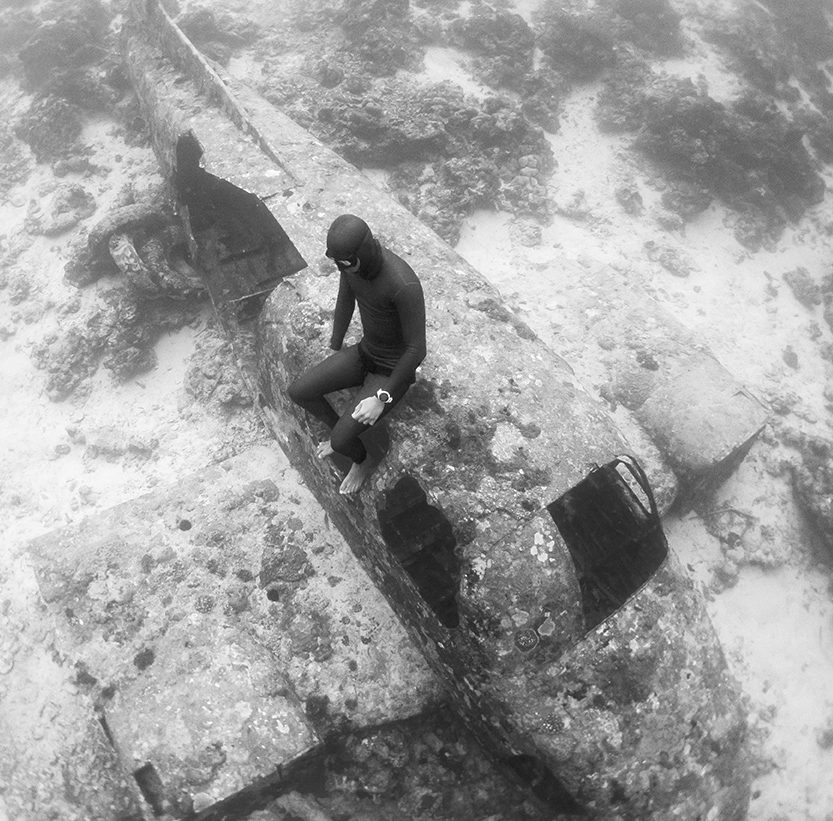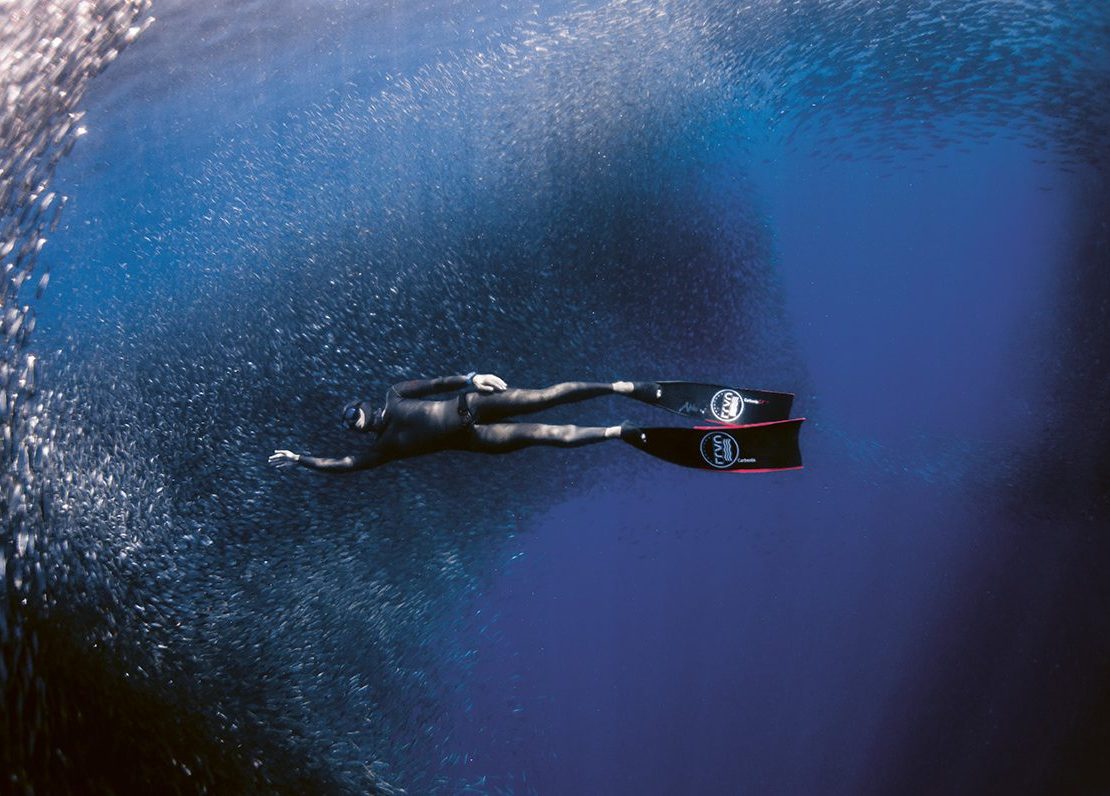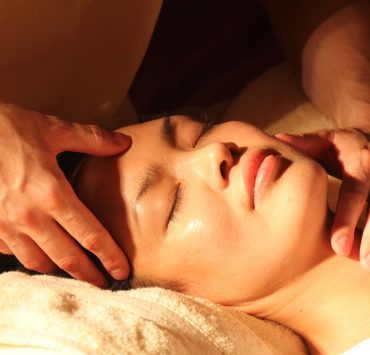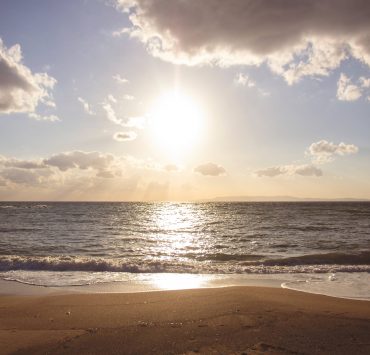There’s air but I cannot breathe. I’m staring into the blue but cannot see. Life is teeming below the surface but its sounds I cannot hear. What is it really like under the sea? Though a sense of familiarity rushes through me and the instinctive urge to submerge myself overwhelms me, the depths of the sea is still terrifying.
“Take it slow,” advises freediver Martin Zapanta. “Let go.” I stay afloat, peering through my mask and breathing through my snorkel. “Could I hold my breath that long?” I ask. “If I push myself further, could I make it back to the surface in time?”
Freediving, both a competitive sport and a leisure activity, is gaining traction in the Philippines. With over 7,000 beautiful islands and a rich marine life, it is about time to explore the great blue unknown in our most basic form. No apparatus, no heavy gear: just you and your ability to hold the urge to breathe underwater. But I hesitate because I know myself: I panic whenever my chest contracts as the oxygen in my lungs run low. The first challenge I must overcome is my mental disposition, because just the thought of diving into the great unknown unfurls a flurry of scenarios in my mind. But I still try. Hurriedly, I dive and frantically kick to get to the bottom more quickly. But with every harried movement, I lose more oxygen faster, pushing me to surface less than five seconds after going under.

“Don’t panic. Relax. You need to move slower,” Zapanta reiterates. He asks me to remain upright in the water without treading. “I will sink for sure,” I thought, but I follow anyway. Wearing my mask and snorkel, I fold my arms and stand steady. Buoyancy is the force that causes objects to float. Since we have lungs that can be filled with air, we automatically float, not sink. So I float steadily, half of my face underwater, breathing through my snorkel. I listen to my every breath, which fills not only my chest but also my abdomen. I put one hand on my chest and the other on my stomach, feeling their movements.
Deep breathing for freediving uses the same breathing techniques yogis use. It has a more calming and relaxing effect than regular breathing, since it has a person taking fewer but more effective breaths.
Ideally, a beginner should practice static apnea in a controlled space before diving in open water. Static apnea, a freediving discipline that requires the most mental energy, is a person’s ability to hold one’s breath while face-down in the water. It practices your ability to control the urge to breathe as you get used to the levels of carbon dioxide in your body. Disclosure: I didn’t train in a pool prior to this open water freediving crash course.
[blockquote pull=”center”] “When you’re submerged in water, the world you know changes and your body changes. You discover that you can push beyond what you thought were the limits of your body.” [/blockquote]
I go into a dead man’s float and give Zapanta a thumbs up as I feel my heart rate decrease. Still facing down, I start to swim slowly, still with my mask and snorkel on. Again, I listen to every breath, calm every nerve in my body, and zone out any thought that rushes in. “Focus,” I tell myself over and over again. Once ready, I take off my snorkel and dove perpendicularly, placidly, in almost sloth-like motion. I kick, wading my arms to propel myself through the water downward. I do this slowly, not thinking that I should get to the bottom fast but instead focusing on my every move. Still, I couldn’t fight the urge to gasp for air so I soon change direction and hurriedly ascend.
Contrary to popular belief, when we start to feel that we’ve run out of air, that doesn’t mean that our body’s oxygen level is close to zero; it simply means there’s an increase in carbon dioxide in our lungs. We naturally have a mammalian diving reflex, where our body optimizes the oxygen flow in our bodies, prioritizing its supply to the heart and the brain. That’s why during a long and deep dive, your heartbeat slows down, your lungs shrink, and your limbs start to feel numb as the blood goes to your thoracic cage and brain.
Apart from being calm and focused, you also need to learn how to trust: to trust that your body can handle the pressure and stress. When you’re submerged in water, the world you know changes and your body changes. You discover that you can push beyond what you thought were the limits of your body.
There is something magical about diving into the deep blue, moving closer to the marine life you’re so used to watch from above and gliding with the current beside the fishes and other sea creatures you can name. Nothing on land matters in those few precious minutes.
This story was originally published in Southern Living, April 2017.
Writer: DENISE DANIELLE ALCANTARA
PHOTOGRAGPHY MARTIN ZAPANTA




